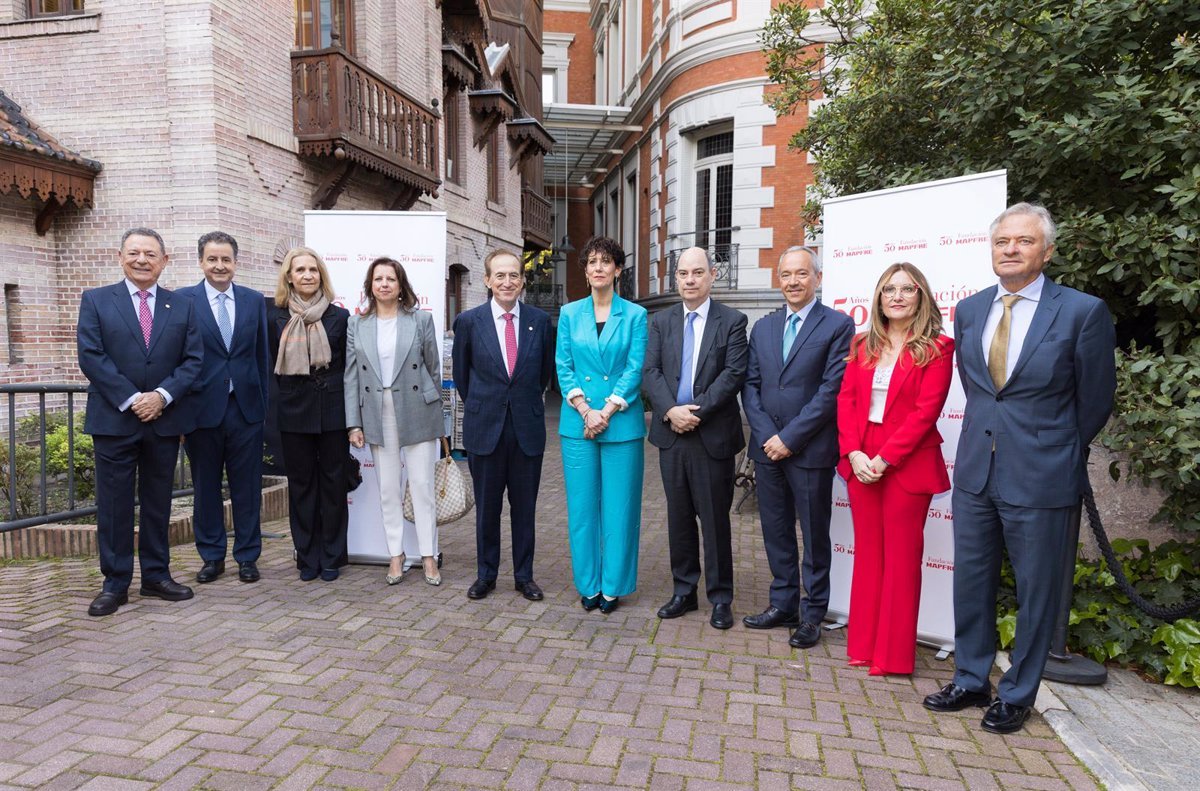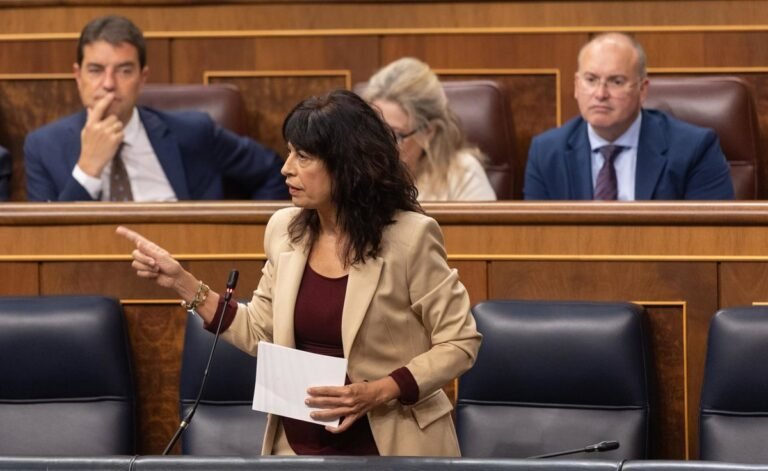
Fundación Mapfre has invested 1.140 million euros in social projects in its 50-year history that have helped more than 179 million people, as announced by the general director of the institution, Elvira Vega, during the European symposium ‘The future of corporate foundations’, organized in collaboration with the Spanish Association of Foundations (AEF) and the Philanthropy Europe Association (Philea) and held in Madrid.
«Being a corporate foundation is also to be more and better Europe. They are the best guarantee that the corporation fulfills its social commitment and corporate purpose. This type of companies provide added value for citizens. Defending the work of the third sector from public institutions, which reaches where public resources do not always reach, is crucial for the well-being of society and for the inclusive and equal model that we all pursue,» said Antonio Huertas, president of Fundación Mapfre.
He also emphasized that «Foundations that drive companies are a necessary complement for development» because, in his opinion, their economic profitability also translates into a fairer, more equal, and inclusive society.
The event also featured the Minister of Inclusion, Social Security, and Migration, Elma Saiz, who highlighted that corporate foundations have evolved towards «socially relevant interests» where the word inclusion holds great importance.
«That is where our paths meet, as I understand politics as something that improves people’s lives. The fight against poverty, the integration of migrants, and an even and equal market are areas where public-private collaboration makes a difference. Together we can go further and better,» she said.
Additionally, the president and head of Innovation of Microsoft Spain, Paco Salcedo and David Hurtado, respectively, participated, delivering a lecture on ‘AI and its applicability to the third sector’ in which they highlighted some figures on the impact that generative AI will have, «a technology that should be applied for the benefit of society, with criteria of security, privacy, reliability, equity, inclusion, and transparency, and that will improve the connection with partners, donors, volunteers, and employees.»
In this regard, they indicated that by 2026, 70% of organizations that successfully apply ‘observability’ – understanding the performance of a system from the data it generates – «will reduce the time needed for decision-making and improve the ability to measure social impact and communicate results better.»
Furthermore, Isabel Peñalosa, Director of Institutional Relations and Legal Advisory of the AEF, highlighted that foundations «provide stability and long-term vision to companies and entities of the social economy in which they participate, are capable of generating alliances and development opportunities, and have as immediate challenges to strengthen the scope of their activities, protect sustainability principles, and strengthen their relationship with society.»
In the same vein, Hanna Surmatz, Public Affairs Officer of Philea, an entity that currently brings together more than 7,500 foundations from over 30 countries seeking to improve the lives of people and communities worldwide, pointed out that the economic contribution of philanthropy is «significant.» She stated that there are more than 186,000 philanthropic organizations in Europe, with an annual endowment of 54.5 billion euros and assets exceeding 647 billion euros.
«Philanthropy is part of civil society and the economy and has a unique ability to respond in real-time to critical challenges. Our mission is to promote collective action and amplify the voice of European philanthropy to build a better today and tomorrow,» she added.
The Philea executive, who moderated a roundtable with representatives from European institutions such as the Robert Bosch Foundation, King Baudouin Foundation, and the Ramboll Foundation, among others, also referred to the current political context. She noted that «events happening in the world are significantly impacting the issues that philanthropy advocates for, from DEI (diversity, equity, and inclusion) to international cooperation, education, migration, human rights, climate justice, democracy, and media independence, with great concern for Eastern Europe and Ukraine, for example.»
She also emphasized that, in the medium and long term, the sector is seriously considering how to prepare for a future where the world order may continue to take a different turn. «We will have to be determined to defend our space because if it diminishes, so will our contribution to the public good,» she warned.
«This type of organizations, with a long-term commitment, care about the well-being of their employees and promote a distribution of the benefits obtained from their activities among all members of the community,» added Alberto Emparanza, Professor of Commercial Law at the University of the Basque Country, who referred to the ‘European Enterprise Foundation Model Law,’ promoted by the European Law Institute (ELI). Its aim, he said, is for corporate foundations to have new regulations that promote their development and a corporate governance that makes them more transparent and agile.
Finally, Alberto Durán, Vice President of Fundación ONCE, highlighted that for the Social Group ONCE, «foundations and their promotion have always been a priority and an extraordinary model of growth and, above all, of extending their solidarity with many actions and for many people with difficult realities.»
FUENTE






